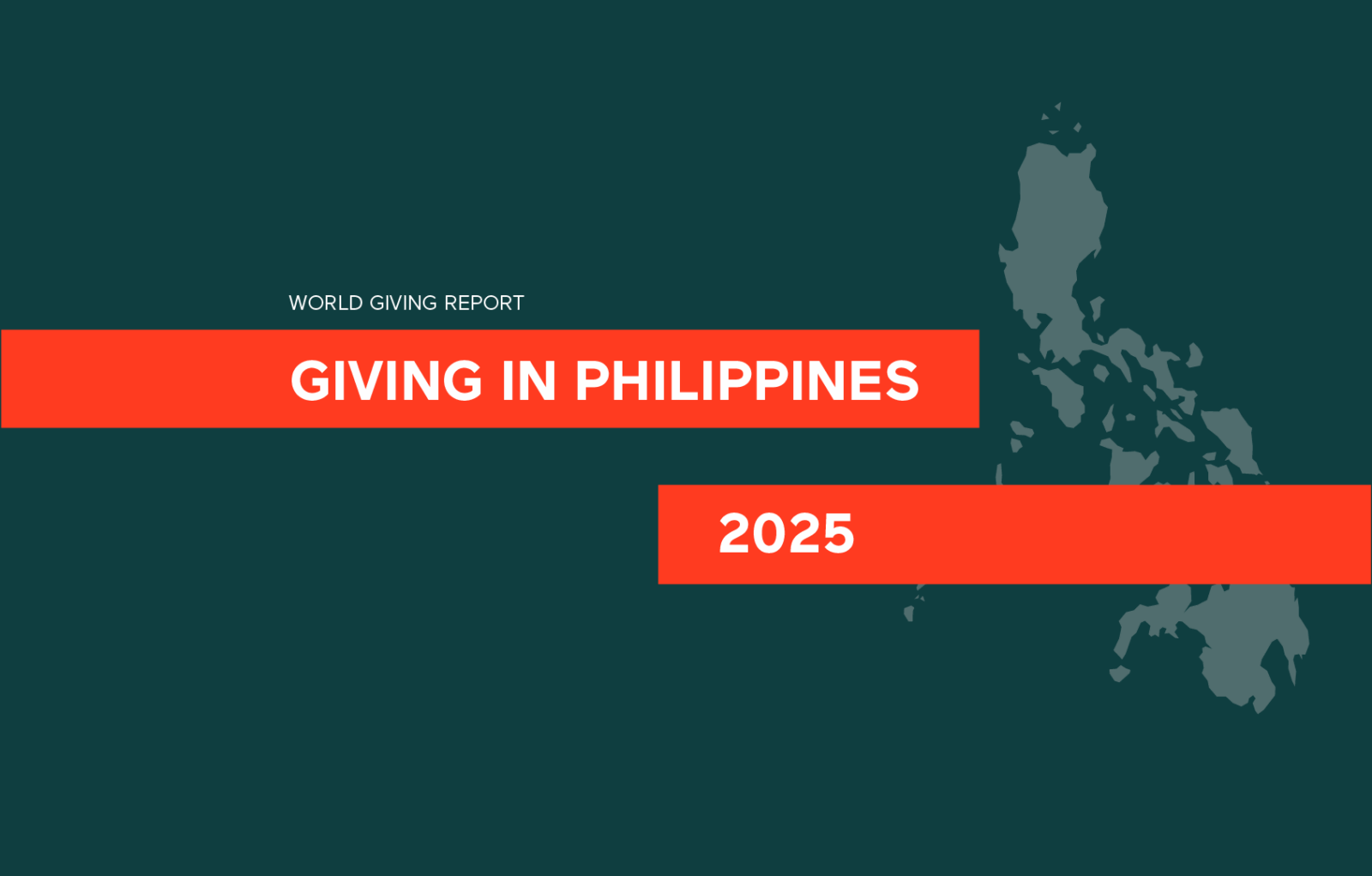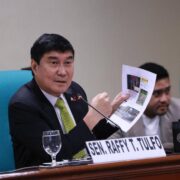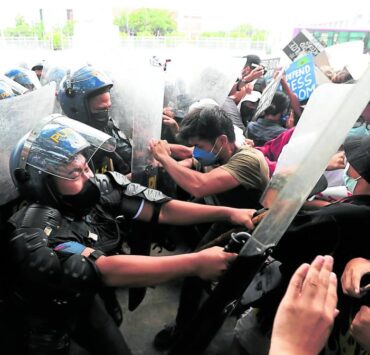Filipinos among most generous people–World Giving Report

The Philippines may not be among the world’s richest countries, but its people are still among the most generous, more than willing to share what they have with their friends, family and community through charitable organizations.
This is according to the results of the recently released 2025 World Giving Report, which sought to capture the public’s attitudes and behaviors around giving, based on a 2024 survey of 55,000 people in 101 countries.
The annual report is a global collaboration among Charities Aid Foundation, one of the largest charitable organizations in the United Kingdom, United States and Canada; Association of Foundations (AF); and leading social purpose organizations.
The report classified the Philippines as a “giving nation,” with three out of four, or 75 percent of Filipinos, surveyed donating part of their income, exceeding the global average of 64 percent and Asia’s average of 69 percent.
Filipinos also scored higher than the global average in viewing giving as a choice, rather than a duty, the report noted.
This may be linked to the Filipino cultural value of “malasakit” (compassion, concern and care for others), which is more closely tied to human and emotional connection to others than just an obligation to help out, the report said.
Calamities as factor
Filipinos who said they mostly give money to people or families in need and to religious organizations and causes make up 54 percent, beating the global average of 38 percent.
Respondents who said they give to institutional charities account for just 31 percent, below the global average of 36 percent.
According to the report, the high incidence of giving to a person or family in need may have been influenced by the series of climate-related disasters the country experienced last year, including six consecutive tropical cyclones—three of which were supertyphoons—between late October and mid-November 2024.
The Philippines also ranked high when it came to giving money to religious institutions, with an estimated 43 percent of Filipinos sharing their resources with the Church and its affiliates, far higher than the global average of 25 percent.
Giving to charities, on the other hand, was the least common route.
“Giving to religious institutions is closely linked to the Philippines’ strong religious culture. While Catholics are not required to give, it is highly encouraged,” the report said.
Donated income
Also, while trust in charities among Filipinos is generally high, many are not aware of specific charities to support. This can partly explain why direct giving to the people they actually know is the most common act of charity.
On average, a Filipino donates 1.46 percent of his or her income, beating both the global average (1.04 percent) and Asian average (1.28). This puts the Philippines at 24th out of 101 countries in terms of the proportion of income that is donated, the report said.
Filipinos give to charity generally because they want to make a difference or believe in a cause—which is also the top global and Asian sentiment. But setting an example and supporting the local community are far more important motivations for them.
“This reflects the strong Filipino orientation toward localism. As the Philippines is characterized by diverse cultures, languages, and histories in different localities/regions, Filipinos often feel a strong sense of identity and belonging tied to their own communities. This deep-rooted connection fosters a natural tendency to give to their own localities first,” the report said.
A tangible manifestation of this trait comes out during fiestas or community festivals, where neighbors come together to contribute food, time, and resources to celebrate their patron saint.
This spirit of collective action reflects the Filipino value of “bayanihan” (spirit of communal unity and cooperation), the report said.
The top two reasons may both be tied to the concept of “kapwa” (shared identity and connectedness with others), where giving money to others means or feels like sharing a part of one’s self as well.
These motivations also reflect the strong sense of familial closeness in Filipino culture, where acts of generosity are rooted in personal relationships.
Oman Jiao, executive director of AF, said the organization wants this generosity translated into actual positive impact.
“To be a “giving nation” is not only to be generous, but to ensure that generosity strengthens communities and uplifts the lives of Filipinos most in need,” he said.
On the whole, those from low-income countries tend to give more than those in high-income countries.
Volunteerism
Volunteerism, meanwhile, remains at a modest level among Filipinos, with only one in four respondents saying they did volunteer work in 2024, mirroring global and Asian trends.
Time spent by Filipinos on volunteer work averaged 6.5 hours in 2024, compared to the global average of 8.9 hours.
The report cited the possible factors that discouraged volunteerism, such as long work hours and poor work-life balance.
“These issues are compounded by limited volunteer opportunities outside urban areas and low public awareness—highlighting the need for more accessible and well-communicated options for volunteering,” the report said.
But the willingness is there, Jiao said.
AF, he said, sees the Filipinos’ level of generosity as “both an opportunity and challenge for the NGO (nongovernmental organization) sector (AF included) to uphold transparency and accountability, tap domestic donations more effectively, and inspire more Filipinos to give their time and talent through volunteering.”

















